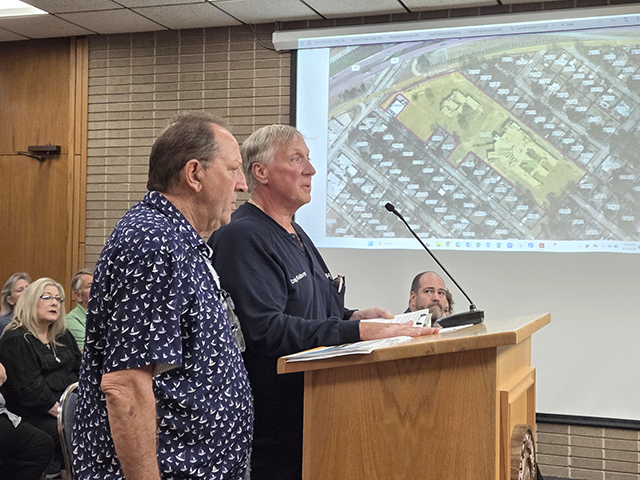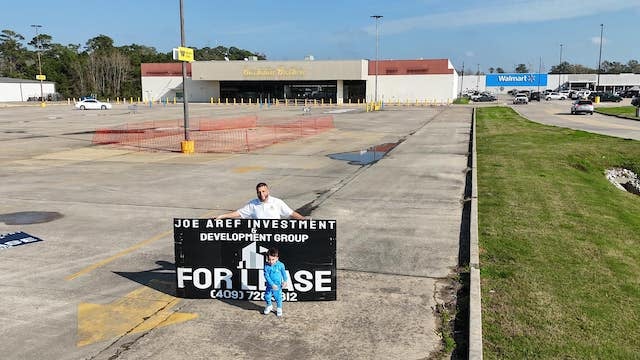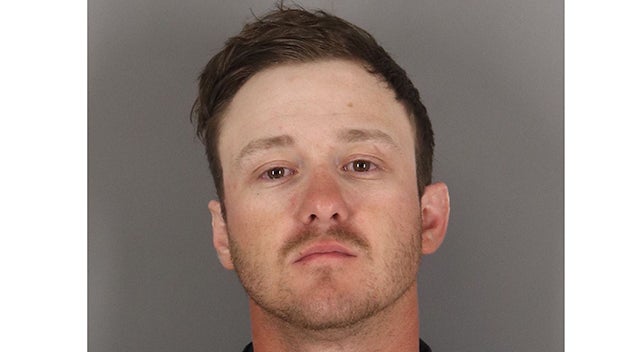‘Best of both worlds’: Proponents share benefits of carbon capture, storage projects in PA
Published 3:36 pm Tuesday, August 6, 2024





|
Getting your Trinity Audio player ready...
|
The business of carbon capture and storage — from reducing C02 emissions and technology to safety and job growth are on the table as proponents of CCS look for support for a major project.
Officials with Houston CCS Alliance and member companies hoping to educate the community of the issue met with the public at Port Arthur City Hall Tuesday morning.
‘Best of both worlds’
Scott Castleman with Houston CCS Alliance said carbon capture technology solution is the best of both worlds, protecting the industry and the jobs we have today while creating new opportunities in the low carbon space.
“We want Texas to continue to be a leader. We want Texas industry to be the provider of choice,” Castleman said, adding that the low carbon economy that is starting to be seen is demanded by customers.
Carbon capture and storage refers to the capturing of carbon dioxide that is otherwise emitted into the atmosphere. It is then transported to a storage site and injected deep underground or the sea floor, according to information from Houston CCS Alliance.
Primacy
Mayor Thurman Bartie is a proponent of carbon capture and storage as he sees with it job creation and growth.
The permitting process is lengthy but there is a way to expedite it — primacy.
The U.S. Environmental Protection Agency is in charge of permitting injection wells used for carbon dioxide storage in 47 states including Texas, according to information from Houston CCS Alliance.
There are operational parameters, testing and monitoring requirements in order to receive a permit, which can take years to be approved.
The issue of permitting can be moved from the federal side to the state side by requesting primacy from the EPA. This will allow state agencies to follow the same rules and reduce the process down to a matter of months.
In 2022 the State of Texas formally requested the EPA grant the Texas Railroad Commission authority over the permits. The next step is for the EPA to begin a comment period for feedback from residents and community leaders about the process.
Three states already have primacy, North Dakota, Wyoming and Louisiana.
Bartie worries that if primacy isn’t granted in Texas, Louisiana or other states will get the projects, the jobs and the boost to the economy.
He assured the environmentalists in the room — there were several — that Houston CCS Alliance and members aren’t trying to hurt or harm the environment.
“What we’re trying to do it to be sure that we get our piece of the pie here in Port Arthur, Texas in Jefferson County, because jobs are on the line with this concept and if we are not prepared, they will take the business somewhere else and do an investment somewhere else and leave us her without anything and we still have the petrochemical and the energy industries here that would probably be emitting some C02 with no way of capturing it, no way of storing it and for sure no way of having some financial sustainability from it,” Bartie said.
Questions
Martin Flood, an engineer, asked Joe Colletti with ExxonMobil that was a speaker during the event, about the type of matter that is placed in the injection site; was it a mist or vapor?
Colletti explained it is a liquid and the pressure to inject it is a “nominal 2,000 psi.”
Flood also asked of the dangers associated with cracks that could lead the substance to enter the water table or to the nearby fishing streams.
“The reason I ask is sometimes those veins will be close to tributaries, fishing areas and get into those fishing streams ,and what effect would have if it did get into the fishing stream?” Flood said.
Colletti said monitoring wells are in place that can measure in zones and above each seal on the site.
The EPA permitting process, which is the most stringent permitting process, works to protect groundwater, he added.
There is no set date for a decision on the permitting at this time.
Currently there are two CCS projects. The Rose Carbon Capture and Storage Project in connection with ExxonMobil and Bayou Bend CCS which is a joint venture with Chevron, TotalEnergies and Equinor.










